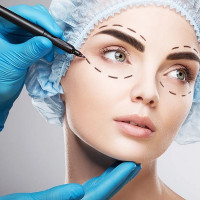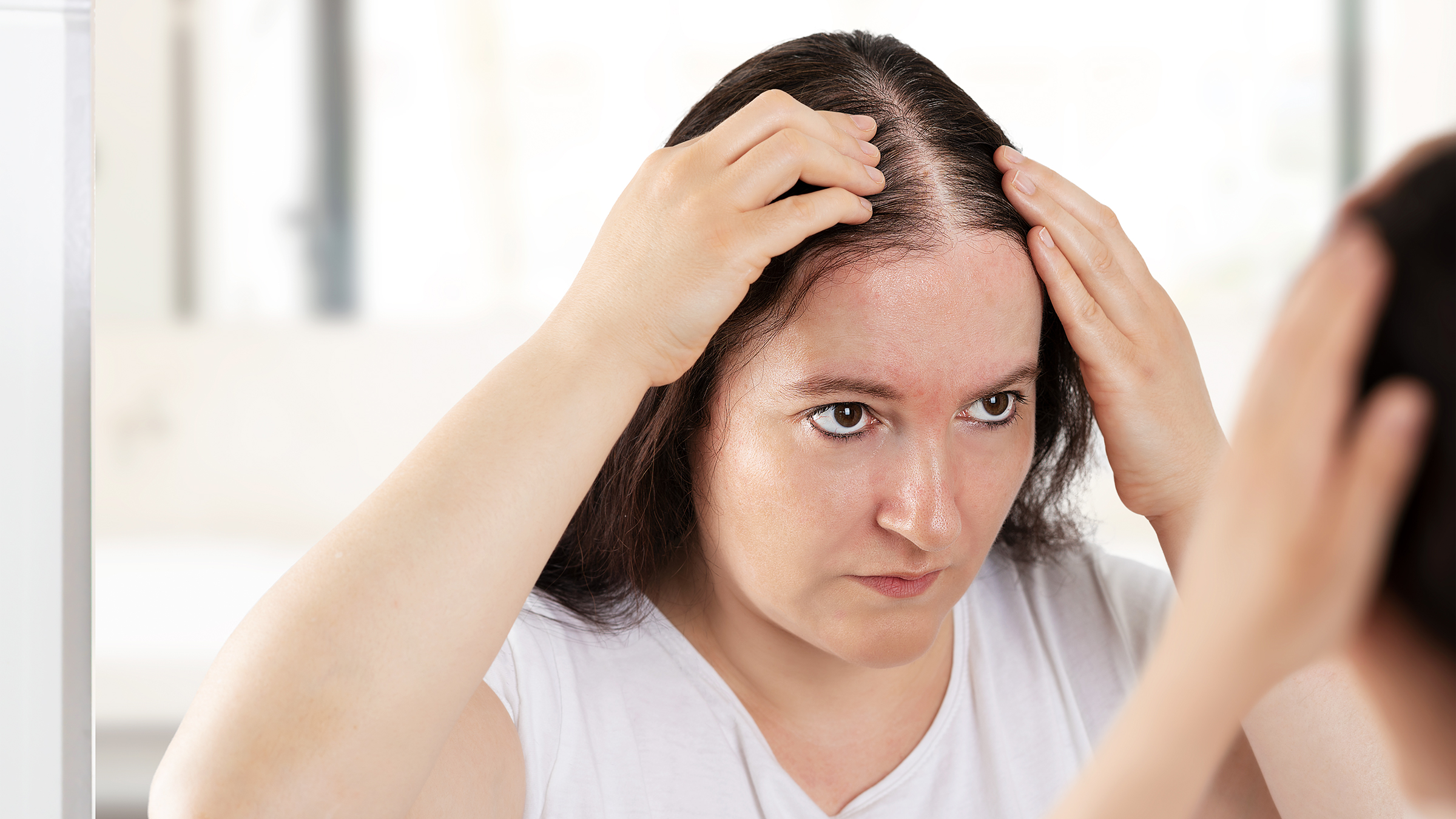Is Hair Transplant Haram in Islam? Your Questions Answered

Strong 8k brings an ultra-HD IPTV experience to your living room and your pocket.
The quest for a full head of hair is a common concern for many individuals facing hair loss. As advancements in cosmetic procedures evolve, one prevalent question arises within the Muslim community: Is Hair Transplant Haram in Islam? This inquiry hinges on various religious interpretations and ethical considerations, and understanding the diverse opinions among scholars can help guide those contemplating this procedure.
✍️ Cost is often a big factor when deciding between PRP or transplant. Our guide on hair treatment options explains typical price ranges and what factors influence overall affordability.
Understanding Hair Transplantation
Hair transplant involves moving hair follicles from one part of the body to another, typically from the back or sides of the scalp to balding areas. This surgical intervention aims to restore one's natural hairline and improve overall appearance. For many, this procedure can significantly enhance self-esteem and quality of life.
In Islam, the permissibility of hair transplant is a matter of considerable debate. The primary focus revolves around whether the procedure contradicts the fundamental principles laid out in Islamic teachings regarding bodily modifications.
Perspectives on Permissibility
The Islamic Fiqh Academy has established that hair transplants can be considered halal, provided that specific guidelines are followed. This academy emphasizes that individuals should not use artificial or prohibited sources for the transplant procedure. Thus, utilizing one's natural hair is crucial in adhering to Islamic principles.
Various scholars present differing viewpoints about the ethical implications of hair transplants. Some argue that such procedures may involve altering Allah's creation, which is discouraged in Islamic doctrine. These perspectives often reference the Quran, stating the importance of preserving the natural form bestowed by the Creator. This interpretation is pivotal for many devout Muslims considering surgical modifications to their appearance.
Supporting Views
Supporters of hair transplants within the Islamic framework contend that the procedure serves as a means of correcting a fault rather than altering creation. They argue that hair loss can lead to significant emotional distress, and addressing this condition is both permissible and encouraged. From this viewpoint, hair transplants become a form of self-care, aimed at restoring confidence and dignity.
Additionally, proponents emphasize that hair transplantation does not introduce artificial substances into the body. Instead, it merely relocates existing hair. This perspective posits that as long as the procedure is executed ethically and without harm, it should not be classified as haram. By prioritizing personal well-being, the act of seeking a solution for hair loss aligns with the Islamic value of preserving human dignity and promoting mental health.
Counterarguments
Conversely, some scholars express concern that hair transplants constitute an unnecessary alteration of one's natural form. They highlight the risks of vanity and the pressure to meet specific beauty standards that are prevalent in many societies today. These critics argue that striving for an ideal appearance through surgical means may lead Muslims away from appreciating their natural looks, which is a core teaching of Islam.
Furthermore, these viewpoints resonate with the principle of avoiding deceitfulness as outlined in Islamic teachings. If hair transplants are seen as a method to disguise one's authentic self, it raises ethical concerns consistent with larger Islamic doctrines against deception and inauthenticity in personal appearance.
Medical and Ethical Considerations
Beyond religious interpretations, medical and ethical considerations play a significant role in the discourse surrounding hair transplants. While cosmetic procedures generally promote self-enhancement, the implications of such choices can vary widely among individuals based on personal values and socio-cultural contexts.
In situations where hair loss leads to severe psychological distress, seeking a transplant can be viewed as a legitimate medical need. This perspective aligns with teachings encouraging Muslims to seek treatment for ailments, as evidenced in the Quran: "And when I am ill, it is He who cures me"1.
Ethically, the alignment of treatment with the principles of self-care and personal improvement is essential. Supporters of hair transplants argue that as long as the procedure does not harm others or perpetuate harmful societal standards, it is justifiable. This line of thought reflects a growing acceptance of cosmetic procedures as a form of personal empowerment, belonging to a broader discourse on mental health and well-being1.
Cultural Influences
Cultural beliefs and attitudes also heavily influence individuals' decisions regarding hair transplants within the Muslim community. In some cultures, hair symbolizes beauty and status, making hair loss a source of shame or embarrassment. The societal implications of hair loss can drive individuals to seek surgical interventions as a means of reclaiming their identity13.
Moreover, the perception of hair loss may differ significantly from one community to another, impacting how supportive or critical those around an individual may be regarding their decision to undergo a transplant. Thus, cultural context plays a vital role in shaping attitudes toward body modifications in any form, including hair transplants.
The Personal Decision
Ultimately, the decision to undergo a hair transplant is profoundly personal. It involves weighing various factors, including individual beliefs, the opinions of trusted religious leaders, and personal comfort with the procedure. While some may find solace in the opinions that deem hair transplants permissible, others may choose a more conservative approach, preferring to maintain their natural state.
Engaging in thoughtful discussions with scholars or individuals knowledgeable about Islamic teachings can provide clarity. It is crucial to reflect on personal values while navigating the complexities of various religious interpretations concerning hair transplantation.
Conclusion
In conclusion, whether a hair transplant is considered haram in Islam is a nuanced question affected by diverse religious, ethical, and cultural perspectives. While many scholars view the procedure as permissible, there are also compelling arguments against it that emphasize the importance of maintaining one's natural form.
For individuals facing hair loss, understanding these viewpoints can aid in making an informed decision that aligns with their beliefs and values. Ultimately, each person must navigate their journey with respect for Islamic teachings while considering their unique circumstances and needs.
Note: IndiBlogHub features both user-submitted and editorial content. We do not verify third-party contributions. Read our Disclaimer and Privacy Policyfor details.







